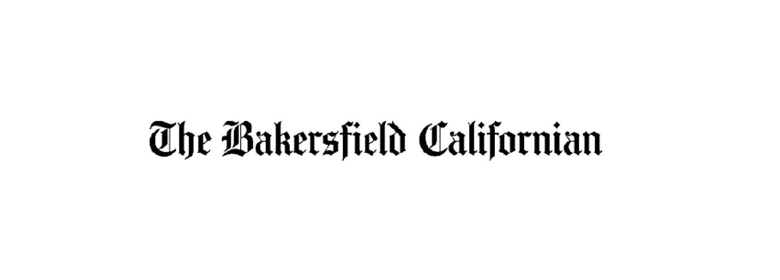By Darrell Feil
Bakersfield Californian
December 3, 2023
As one of California’s largest and most prominent cities, Bakersfield boasts a rich tapestry of cultural diversity, agricultural heritage and a robust local economy. Compared to other parts of the state, Bakersfield’s low cost of living has allowed small businesses like mine to grow and thrive. My father co-founded Abate-A-Weed in 1965 and we’ve been proudly serving all of Kern County since. But things have changed since the pandemic.
In Bakersfield, although the city’s known for its lower cost of living compared to the coastal areas of California, residents are encountering increasingly similar financial challenges experienced by their neighbors farther west. Average home values in our area have nearly doubled since 2015, placing significant pressure on housing affordability. Health care costs have seen a steady ascent over the past decade, reaching a concerning 10.5% of the median household income in 2020.
These financial burdens underscore the shared struggles faced by workers in both the inexpensive and pricier regions of the state, necessitating innovative solutions to these growing modern issues. Many residents now face the reality that a surprise emergency expense could drive them into a spiral of debt.
I’ve witnessed firsthand the immense impact on the lives of my employees and residents. In our modern economy, expenses don’t conveniently fall into the two-to-four week pay cycle we’ve grown used to, and until now there was no technology for employers to give their employees the wages they’d already worked for. This is where earned wage access has emerged as a crucial tool that empowers workers to spend the money they’ve earned how and when they need.
The concept of EWA is simple but immensely impactful: It offers employees the flexibility to access a portion of their earned wages between pay cycles without the barriers of credit products. For many workers, EWA has been a lifeline, enabling them to cover unexpected expenses, address immediate financial needs and avoid resorting to high-interest loans.
Not only is EWA a practical solution, but it also addresses an important principle that we’ve neglected for too long due to the systems we have in place — workers’ access to wages is a right; not lending. The state Department of Financial Protection and Innovation heard Californians when 60,000 of us called on the state to protect earned wage access — but now the state must go a step further to meaningfully protect workers by ensuring EWA is not classified as credit. The proposed regulations miscategorize the service because money received through EWA is rightfully the user’s, not credit. EWA is simply an alternative option to outdated systems of receiving wages in inconvenient cycles that we just have to figure out how to regulate properly.
EWA has helped workers save $117 million on overdraft fees just this year. That’s millions of dollars employees can put back into their local economies. By implementing regulations that promote innovative solutions that promote the financial freedom of our employees like EWA, we have the opportunity to uplift the thousands of small businesses in Bakersfield that have been operating in our community for decades.
As a proud member of the Bakersfield business community and former chair of the National Federation of Independent Business’ California Chapter, I stand firmly in support of employees’ financial wellness and urge the DFPI to reconsider its proposed rule so that EWA is not treated like loans.
We need to safeguard the financial flexibility and security that EWA provides, ensuring our employees continue to have access to a reliable means of managing their finances. For the well-being of our workforce and the resilience of our community, it’s imperative to promote this vital resource that has provided innovative solutions to the modern financial problems of our economy’s workers.
Darrell Feil is the owner of Abate-A-Weed in Bakersfield and former chair of the National Federation of Independent Business’ California chapter.
